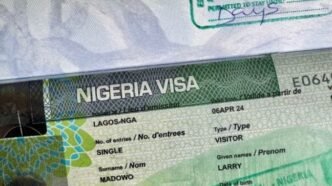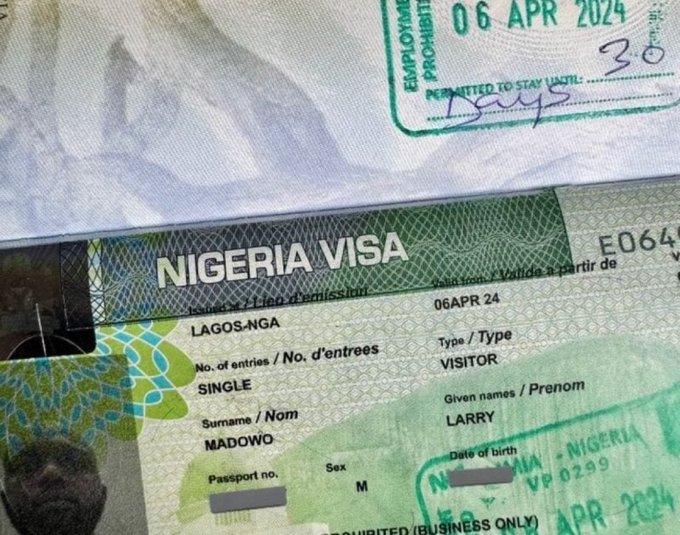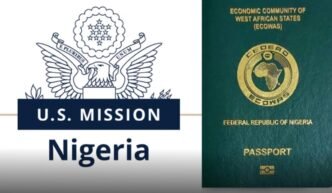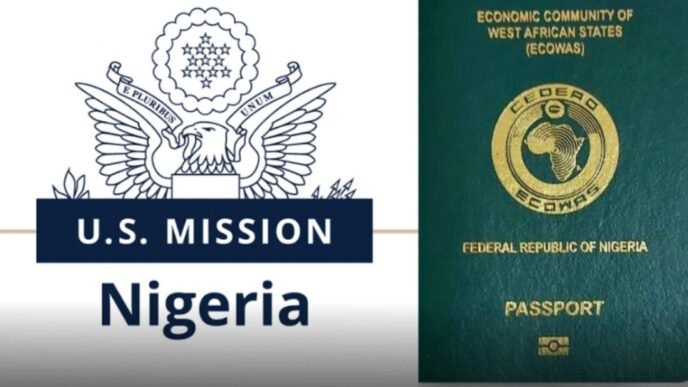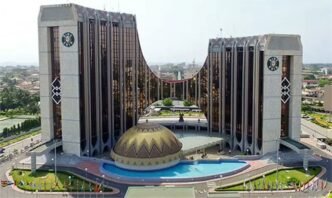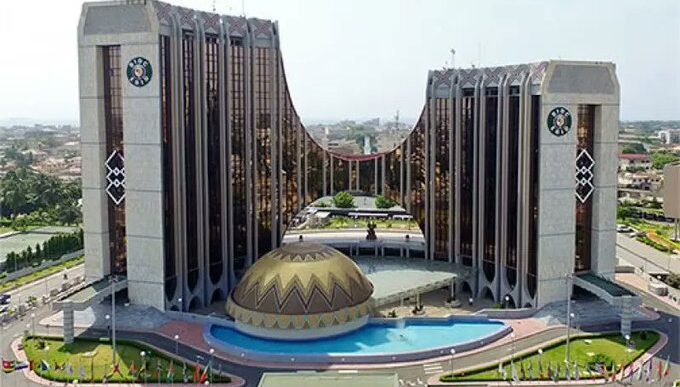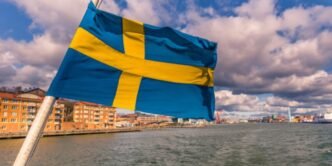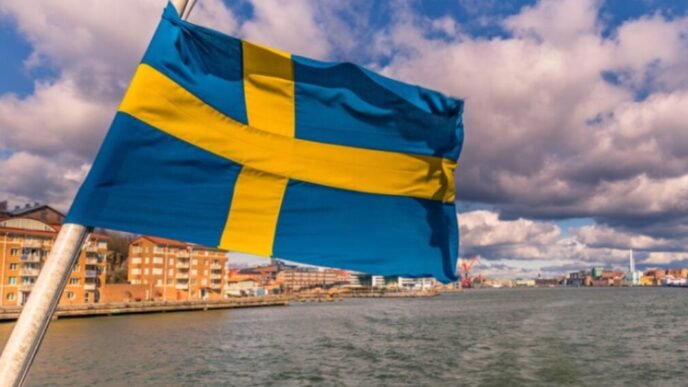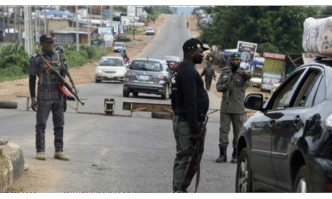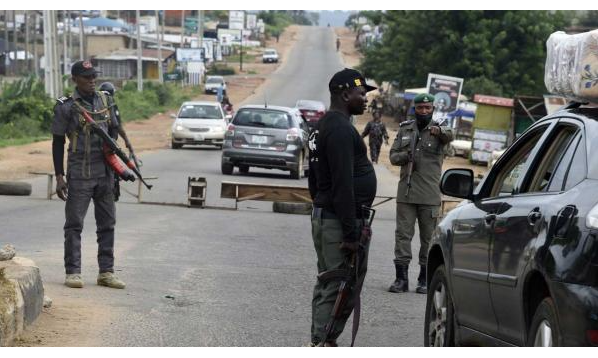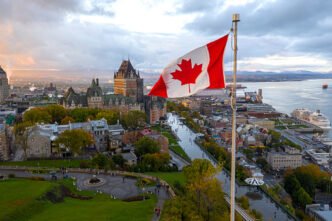Nigeria’s immigration authorities have announced the commencement of a nationwide enforcement operation against foreign nationals who have overstayed their visas or breached entry conditions.
The exercise, which officially begins today, October 1, 2025, will see officers of the Nigeria Immigration Service (NIS) deploy across airports, land borders, seaports, and major cities to identify, apprehend, and prosecute violators.
The crackdown marks one of the most comprehensive immigration enforcement drives in recent years and is expected to affect thousands of foreign nationals residing in the country without valid documents.
Nationwide Operation to Enforce Immigration Rules
In a statement issued in Abuja, senior officials of the NIS confirmed that enforcement teams have been mobilized nationwide to track visa overstayers, irregular migrants, and individuals in violation of their entry permits.
The directive mandates strict compliance with Nigeria’s immigration laws, with overstayers facing penalties including fines, deportation, and possible blacklisting from future entry.
“Nigeria will no longer serve as a safe haven for persons who disregard our immigration rules. Those who have overstayed their visas or abused the conditions of their entry permits will be dealt with in accordance with the law,” an NIS spokesperson stated.
Why the Crackdown Now?
Authorities say the operation is part of a broader push to strengthen national security, protect local jobs, and regulate migration flows into the country.
Over the years, Nigeria has grappled with irregular migration, with thousands of foreign nationals entering on short-term visas but remaining illegally. This has created pressure on urban centers, strained social services, and, according to officials, posed security concerns.
The NIS argues that unchecked visa overstays undermine the integrity of Nigeria’s immigration system. The October 1 start date was chosen to coincide with the country’s 65th Independence anniversary, symbolizing a renewed focus on sovereignty and rule of law.
What Offenders Face
The Immigration Service outlined penalties for foreign nationals found in violation of entry conditions. These include:
- Fines: Financial penalties for each day of illegal stay, depending on the category of visa.
- Deportation: Immediate removal from Nigeria at the violator’s expense.
- Blacklist: Individuals deported may face bans preventing their return to Nigeria for years.
- Prosecution: In cases involving fraud, criminal activity, or identity forgery, offenders may be prosecuted under Nigerian law.
Officials also noted that employers or landlords found harboring undocumented migrants could face sanctions.
Nigeria’s Immigration Landscape
Nigeria remains a major destination for West African migrants due to its economic size, business opportunities, and regional mobility agreements. Citizens of the Economic Community of West African States (ECOWAS) enjoy visa-free entry into Nigeria, which accounts for a significant portion of the country’s foreign population.
However, authorities say the new enforcement action will primarily target non-ECOWAS nationals who have overstayed their permits or entered under false pretenses.
The NIS has also hinted at reviewing the country’s visa-on-arrival policy to tighten loopholes exploited by some travelers.
Balancing Security and Diplomacy
While the government insists the crackdown is necessary, analysts warn that Nigeria must balance enforcement with diplomatic sensitivity.
Many foreign nationals in Nigeria come from countries with strong trade and investment ties. Harsh enforcement without due process could trigger diplomatic friction or affect Nigeria’s reputation as a regional hub.
Dr. Chika Okafor, an international relations expert, observed:
“Nigeria is right to enforce its immigration laws, but diplomacy must guide the process. Mass deportations or indiscriminate arrests could harm foreign relations and economic partnerships. The key is transparency, fairness, and strict adherence to international protocols.”
Reactions Across the Country
The news of the crackdown has generated mixed reactions.
- Supporters argue that Nigeria, like other countries, has a right to enforce its laws and protect its borders. They point to the large number of undocumented migrants engaging in informal work, competing with Nigerians for scarce jobs.
- Critics, however, worry about possible harassment, extortion, and racial profiling during enforcement. Civil society groups have urged immigration officers to respect human rights and avoid targeting legal migrants.
The Association of Foreign Nationals in Nigeria (AFN) issued a statement urging members to ensure their documents are in order:
“We advise all foreign nationals resident in Nigeria to check the validity of their visas, residence permits, and work authorizations. Compliance is the safest way to avoid penalties.”
A Global Trend
Nigeria’s crackdown reflects a broader global trend of stricter immigration enforcement. Across Africa, governments have tightened visa regimes in response to rising security threats, human trafficking, and economic migration.
South Africa, Kenya, and Ghana have recently intensified enforcement against visa overstays, signaling a shift toward stricter migration management across the continent.
Internationally, overstaying visas is one of the most common forms of illegal migration. According to experts, it is far more prevalent than unlawful border crossings.
Technology and Enforcement
The NIS has promised that the operation will leverage biometric data, digital entry-exit records, and surveillance systems to identify offenders.
In recent years, Nigeria has upgraded its e-visa and passport systems, aiming to improve tracking of entries and exits. Officials say the new enforcement campaign will benefit from these digital tools, reducing reliance on manual checks.
However, questions remain about the capacity of the immigration service to carry out such a massive operation without lapses or abuse.
Implications for Nigerians Abroad
The move also raises questions about reciprocity, as Nigeria itself is home to millions of citizens living abroad—many of whom face immigration enforcement in their host countries.
Analysts say Nigeria must tread carefully to avoid straining relations with countries where its citizens live in large numbers. At the same time, enforcing immigration laws at home strengthens Nigeria’s case for demanding fair treatment of its nationals abroad.
Conclusion: A Defining Test for Immigration Policy
Nigeria’s nationwide crackdown on visa overstayers and entry violators is a defining test of the government’s ability to enforce the rule of law while balancing security, diplomacy, and human rights.
For foreign nationals living in Nigeria, the message is clear: regularize your stay or face penalties. For Nigerians, the operation may signal a stronger grip on border control and a renewed assertion of sovereignty.
As the exercise begins on October 1, 2025, the world will be watching how Nigeria enforces its laws—and whether the campaign strengthens or complicates the country’s role as Africa’s economic powerhouse.

